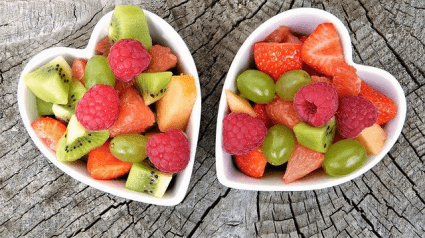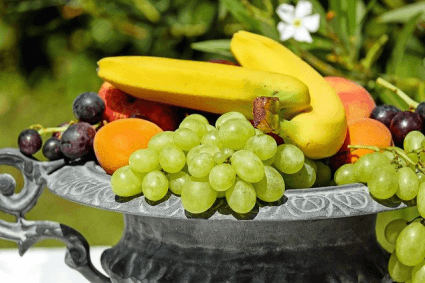Simple Carbohydrates
Understanding the Impact of Sugars and Refined Grains on Your Health and Weight
Simple carbohydrates, aka simple carbs, are found in refined and highly processed foods such as white and brown sugar, corn syrup, jams, white bread and other baked goods, breakfast cereals, candy, biscuits, crackers, soft drinks (soda) and fruit juices.
These simple carbohydrates are easily digested and converted to glucose and fructose, causing a rapid increase in blood sugar levels. If our blood sugar is high, the liver and muscles will store what they can. However, if blood sugar is too high after liver and muscle storage, the extra glucose can be converted into body fat (especially in a calorie surplus).
Where simple carbohydrates can be useful
Simple, easily digested carbohydrates can be helpful for two types of people.
Firstly, simple carbohydrates can help underweight people who find it challenging to put on weight. These simple carbs can help people get enough calories and energy when needed, especially endurance athletes and hard gainers.
Secondly, simple carbs can also help high-level athletes who need rapid refuelling during training and events, such as triathletes and athletes competing in events such as the decathlon.
Satisfy your sweet tooth with fruit instead of refined simple carbs
If you have a sweet tooth like me and like to eat the occasional sweet food, eat fruit!

Whole food sources such as fruits are a great alternative to refined simple carbohydrates. Fruits are high in fibre, water, essential nutrients and antioxidants and lower in calories.
They are digested more slowly than refined carbohydrates because your intestinal tract has to break down the fruit and remove the sugars from the fibre.
Natural and healthier sugar alternatives that I use
Instead of refined table sugar, I use these natural, healthier sweeteners in my baking, cooking, dessert recipes and shakes.

Fruit
My number one go-to sweetener is fresh and dried fruits. These are a great way to sweeten recipes naturally. There is nothing like a home-baked apple pie or banana bread. Not only do they provide sweetness to recipes, but you also get a boost of fibre and phytonutrients.
Raw honey
Raw honey is natural and not processed like most of the honey you would find in the supermarkets or like white or brown table sugar. The good thing about raw honey is that it’s sweeter than table sugar, which means you can use less to satisfy your sweet tooth. In addition, raw honey is antibacterial, antifungal, and contains trace amounts of nutrients.
Maple syrup
Make sure you buy 100% pure maple syrup, not maple “flavoured” syrup, which is loaded with sugar. Pure maple syrup contains minerals and antioxidants like calcium, potassium, iron, manganese and zinc.
Organic coconut sugar
Considered the most sustainable sweetener in the world because coconut palms produce 50-75% more sugar per acre than cane sugar and use less than 1/5th of the nutrients for that production. It has a low GI of around 35, almost half of table sugar’s GI value. Coconut sugar is a rich source of iron, magnesium, potassium and zinc and contains some B vitamins.
Dates
I use dates, especially Medjool dates, because of their caramel-like flavour in my desserts, like banana bread. In addition, dates are a great source of fibre, vitamins and minerals.
For more information on carbohydrates, click to view an article from Precision Nutrition - All about carbohydrates.